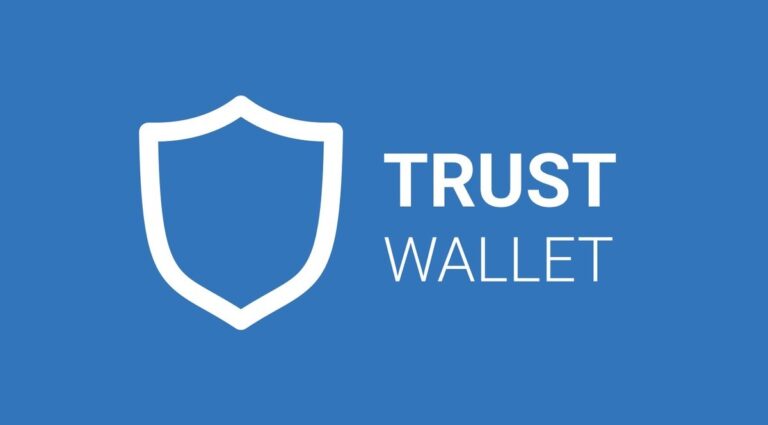1.What to Do If You’ve Been Scammed Online: A Step-by-Step Guide
Online scams are becoming increasingly sophisticated, and millions of people fall victim to them every year. Whether it’s a phishing email, a fake online store, a romance scam, or an investment fraud, being scammed can leave you feeling violated and helpless. However, taking immediate action can help you recover your money, protect your identity, and prevent further damage.
In this comprehensive guide, we’ll cover:
- How to Recognize You’ve Been Scammed
- Immediate Steps to Take After Being Scammed
- How to Report the Scam to Authorities
- How to Recover Lost Money (If Possible)
- Protecting Yourself from Future Scams
- Common Types of Online Scams to Watch Out For

1. How to Recognize You’ve Been Scammed

Before taking action, confirm whether you’ve actually been scammed. Here are some red flags:
- Unexpected charges on your bank or credit card statement
- Emails or messages asking for personal/financial information
- A seller or website that disappears after receiving payment
- Pressure to act quickly (e.g., “Your account will be closed if you don’t respond now!”)
- Too-good-to-be-true offers (e.g., free vacations, huge investment returns)
- Requests for payment via gift cards, wire transfers, or cryptocurrency
If any of these sound familiar, you may have been scammed.
2. Immediate Steps to Take After Being Scammed

🛑 Stop All Communication with the Scammer
- Do not respond to further emails, calls, or messages.
- Block their number/email to prevent further contact.
🔒 Secure Your Accounts
- Change passwords for online banking, email, and social media.
- Enable two-factor authentication (2FA) for extra security.
- Check for unauthorized transactions and notify your bank immediately.
💳 Contact Your Bank or Payment Provider
- Credit/Debit Cards: Call your bank to report fraud—they may reverse charges.
- PayPal/Venmo/Cash App: Dispute the transaction through the app.
- Wire Transfers/Crypto: These are harder to recover, but still report them.
📸 Gather Evidence
- Screenshot all communications, receipts, and fake websites.
- Save emails, text messages, and any other proof of the scam.
3. How to Report the Scam to Authorities
Reporting scams helps authorities track criminals and prevent future fraud. Here’s where to report:
🌐 In the U.S.:
- Federal Trade Commission (FTC): ReportFraud.ftc.gov
- Internet Crime Complaint Center (IC3): www.ic3.gov
- Consumer Financial Protection Bureau (CFPB): www.consumerfinance.gov
🇬🇧 In the U.K.:
- Action Fraud: www.actionfraud.police.uk
🇨🇦 In Canada:
- Canadian Anti-Fraud Centre: www.antifraudcentre-centreantifraude.ca
🌍 Other Countries:
Check with your local consumer protection agency or cybercrime unit.
4. How to Recover Lost Money (If Possible)
💵 Credit/Debit Card Charges
- Dispute the transaction under “fraudulent charge” protections.
- Many banks offer zero-liability policies for fraud.
📱 Payment Apps (PayPal, Venmo, Zelle, etc.)
- File a dispute within the app.
- If the scammer tricked you into sending money (e.g., fake product), recovery is harder.
⚠️ Wire Transfers & Cryptocurrency
- These are irreversible, but report them to authorities.
- Some crypto scams can be tracked—report to platforms like Coinbase or Binance.
📞 Contact a Lawyer (For Large Losses)
- If you lost a significant amount, consult a fraud attorney about legal options.
5. Protecting Yourself from Future Scams
🔍 How to Spot Scams Before They Happen
- Verify websites (check for HTTPS, reviews, and contact info).
- Never share personal info via email/text.
- Be skeptical of unsolicited offers (lottery wins, tech support calls).
🛡️ Proactive Security Measures
- Use strong, unique passwords and a password manager.
- Monitor credit reports for identity theft (via Experian, TransUnion, Equifax).
- Educate yourself on the latest scams (follow FTC or cybersecurity blogs).
6. Common Types of Online Scams to Watch Out For
| Scam Type | How It Works | How to Avoid It |
|---|---|---|
| Phishing Emails | Fake emails pretending to be banks/companies | Never click links—go to the official site |
| Fake Online Stores | Scam websites selling non-existent products | Check reviews and domain age |
| Romance Scams | Scammers pretend to be love interests asking for money | Never send money to someone you haven’t met |
| Tech Support Scams | Callers claim your computer is infected | Hang up and contact the company directly |
| Investment Scams | “Get rich quick” crypto or stock schemes | Research before investing |
PROFESSIONAL HELP – Cyberquantumx emerges as a beacon of hope for those who have fallen victim to financial deceit. With our unparalleled expertise in the realm of cyber funds recovery, we navigate the intricate web of blockchain technology and cryptocurrency transactions with finesse, ensuring that justice is served and stolen funds are returned to their rightful owners. Our reputation as professional and trustworthy experts in the field precedes us, making us the go-to choice for anyone seeking restitution in the vast and often treacherous world of online finance. Contact us now
Final Thoughts: Stay Vigilant
Being scammed online can be stressful, but quick action increases your chances of recovery. Always report scams to help authorities crack down on fraudsters. By staying informed and cautious, you can reduce your risk of falling victim in the future.
Have you been scammed? Share your experience in the comments to help others!
🔗 Bookmark this guide to protect yourself and others from online scams.








